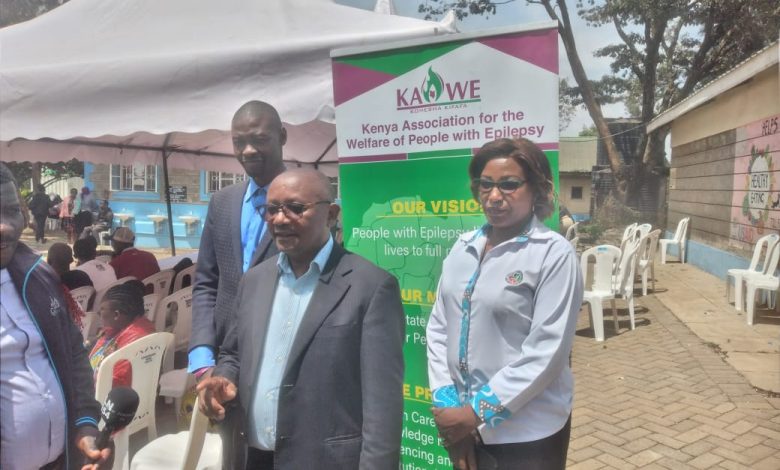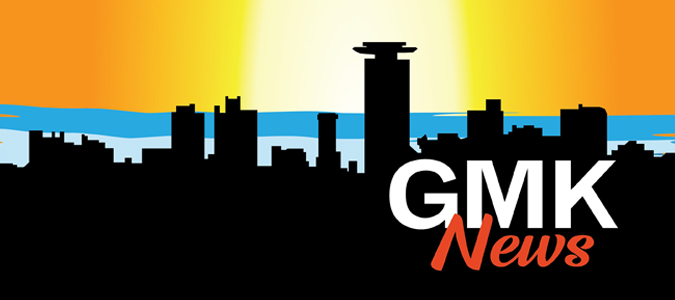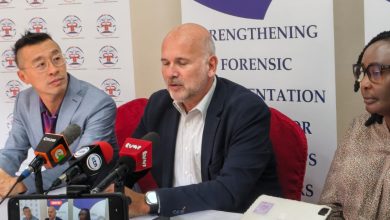Disability Camps in Nairobi Are Changing Lives — One Assessment at a Time

By Archedeous Kubai
When Mary Wanjiku walked into Kariobangi Social Hall with her teenage son, she wasn’t just carrying medical records — she was carrying years of waiting, frustration, and a quiet hope that maybe, just maybe, something would finally change.
Her son has epilepsy. And like many families in Nairobi, the journey to get him registered for government support through the National Council for Persons with Disabilities (NCPWD) has been long and exhausting.
But on this particular Tuesday, hope felt closer.
Across several locations — including Kariobangi, Kasarani, Embakasi North, and Mambalusi — medical teams from Nairobi County, in partnership with the Kenya Association for the Welfare of People with Epilepsy (KAWE), set up special disability medical assessment camps. The goal? To make it easier for people like Mary to get the assessments they need to access official disability registration and life-changing support.
“Our goal is to bring services closer to the people,” said one of the occupational therapists helping lead the effort.
And these services matter. Registration isn’t just a box to check — it opens the door to essential medication, assistive devices, and programs that help people with disabilities live with dignity and independence.
By midday at Kariobangi alone, over 160 people had already been assessed, with many more waiting patiently for their turn.
Nairobi County is also taking steps to make regular health services more inclusive. In some clinics, for example, interpreters are available to guide hearing-impaired patients from start to finish. Specific service desks for people with disabilities are being set up in health centers to ensure no one slips through the cracks.
These medical camps are popping up across the city. Earlier this week, one was held at Ngondro Health Centre in Kamulu, and others are on the way — including in Kamukunji.
For many families, these camps are about more than just health. They’re about being seen, being heard, and breaking the stigma that often surrounds conditions like epilepsy.
“I feel seen for once,” Mary said after her son’s assessment. “I’m hopeful that this will change his future.”
And that’s what these camps are all about — building a Nairobi where people with disabilities are not left behind, but instead welcomed, supported, and treated with the dignity they deserve.






